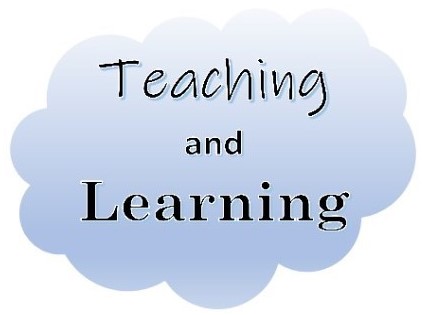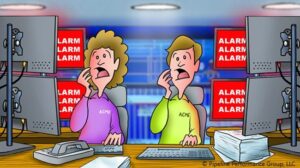“Associate with people who are likely to improve you. Welcome those who you are capable of improving. The process is a mutual one. People learn as they teach.” Seneca
There is much to digest in those four sentences. We are currently working on four control room training programs. One of the issues that usually arises is how to improve the quality of the on the job training process. This particularly applies to the quality of the job done by experienced controllers who have the responsibility for training new controllers.
Let’s face it. Some experienced controllers are not good at training others. Some of the reasons are that they do not like to do the extra work, they do not know how to impart what they know to others, they are too impatient or judgmental, or they just do not want the responsibility.
When I was an operator at a field location for 16 years, I trained every new operator who was hired and every experienced operator who transferred there from other locations. Some of them were difficult to train. I remember one man, who had been a drummer in a band. He unconsciously and constantly played a beat on the desk with his fingers. After the first two hours of that drumming, I had to tell him to cease and desist. One or two trainees were not capable of improving and did not successfully complete the training.
I was then and still am interested in teaching. I have learned a great deal from teaching others whether those others were teenagers in Sunday School, college students when I taught business ethics, or pipeliners in many different jobs. One of the things I have learned is that the teacher has to develop appropriate approaches for the individual learner. It is a diverse work force today, and all of the differences in people require a tailored approach, I think.
This is particularly important with on the job training. We have a Train the Trainer course we like to implement with companies, although most think it is unnecessary to teach on the job trainers how to train others. I know the principles in our course and similar courses through the years have helped me improve as a trainer and teacher.
I am not capable of improving everyone, even though I wish I could help those who want to improve. One of my biggest mistakes as a manager in one assignment was concentrating my efforts on the four or five worst performers I had, thinking I could improve them. I should have devoted my energies to the higher performers. That was a painful, but valuable lesson.
In a workplace, we cannot always choose with whom to associate. Sometimes our associates improve us; sometimes they do not. I have some colleagues who are always telling me how to improve. They probably like Seneca’s line about improving others and wonder if their efforts are in vain when applied to my capabilities and choices.
How can you apply Seneca’s advice to your life and work?
- Identify and associate with a few people whom you admire and whom you believe can help you improve. Create a structured approach to improvement.
- Welcome opportunities to improve others and recognize this might require you to change your approaches to teaching others. Learn different ways to train people.
- Appreciate the mutual benefits of teaching others and enjoy the lessons you learn from every person you encounter. Be a lifelong learner and teacher.
CRM and Philosophy | Charles Alday © 2019 Please Distribute to Others.




